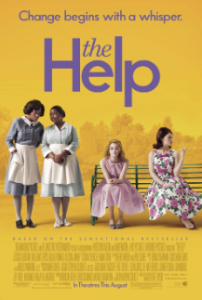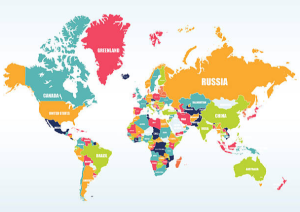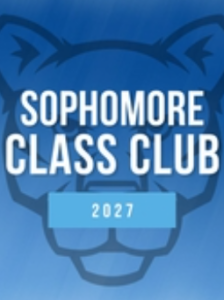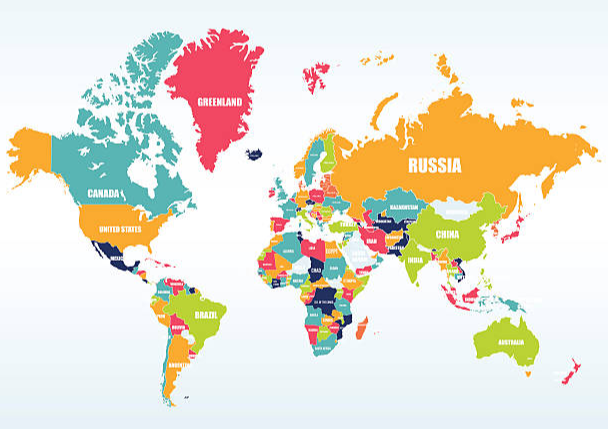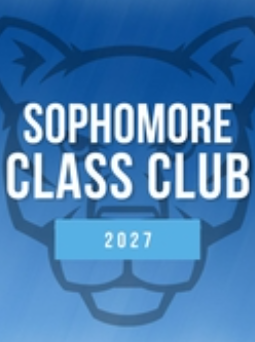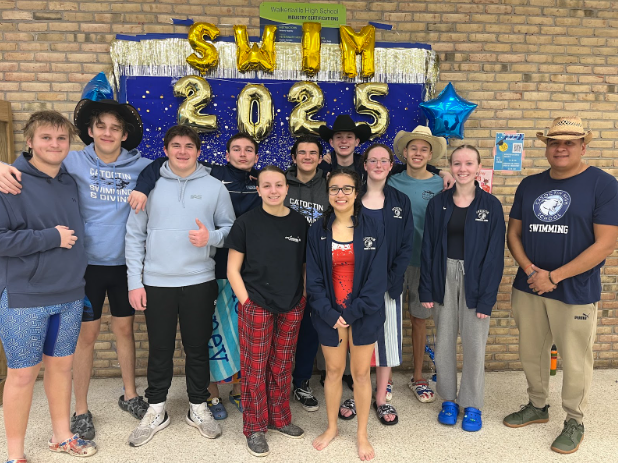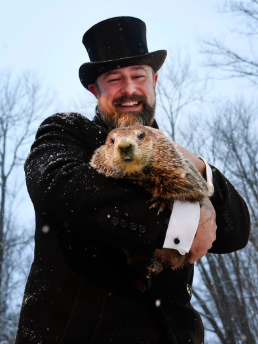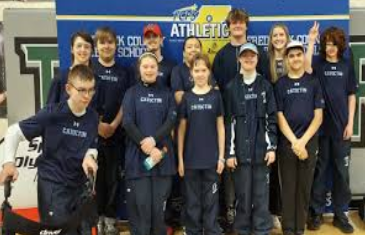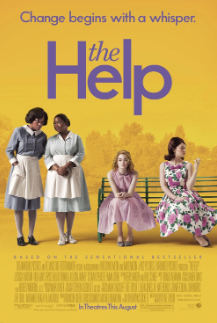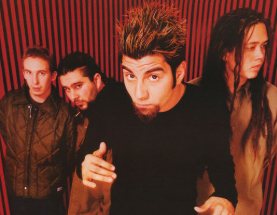“How do you get people to come out and participate? How do we get people to come to things like these? That’s the question of the hour”. That’s what Michele Maze, head of the Thurmont Green Team said to me during a volunteering opportunity this past Veteran’s Day weekend. After a gradual yet apparent decline in membership participation, the Green Team has been struggling to organize and participate in events to benefit the community.
At this event, only three volunteers arrived apart from Mrs. Maze and her husband. Michael Metz, the President of Catoctin High School’s National Honor Society (NHS) chapter, another green team member, and myself. Mrs. Mays said that despite Michael and I’s participation, it is exceedingly rare that they would turn out this many people for such an event, especially not high school students like ourselves. We discussed how there has been a seemingly stark decline in community involvement here in Thurmont, and how it’s impacting organizations like the Green Team and the NHS. “NHS isn’t just another club to put on your resume. We need people to actually come out and help our community,” Mr. Metz said.
But now to the leading question: how do we get people to come out and help? There certainly isn’t a lack of opportunities for people to come out and help, so what else is causing this deficit? Well, a lot of the people who have volunteered in the past are aging out of physical labor and feel burnt out. This means the volunteering population is shrinking faster than it is growing. Perhaps it’s the fact that FCPS has built community service hours into every class that a high school student takes, so a student doesn’t actually have to volunteer anymore to graduate. And that is why the participation from high schoolers here in Frederick County is so lackluster. So called “resume builders” like honor societies and student organizations that require service hours have become lax in their rules for service hours because of struggling recruitment; and, unfortunately, our community’s well being is downstream of those falling standards.
A solution to all of these woes may be hard to come by, especially because of how service for students is baked into the system. A systematic change is quite possibly infeasible, but a change at the individual and household level can do more good for our community. Honor societies and organizations like the National FFA Organization (FFA) can ensure all of their members participate in community service events. But physical labor isn’t the only form of service available to people in our community. The Thurmont Food Bank needs volunteers on occasion, and the library system hosts many literacy related events, especially during the holiday season. Volunteering doesn’t even need to be through an established organization. Helping the elderly load their groceries or returning their shopping cart, picking trash up off of the sidewalks or hallways, and donating food to the food banks all count. “Find a passion and volunteer for that. If we all give just a little bit, we can make a difference and then everyone wins,” says Mrs. Maze. “Volunteering is one the greatest gifts we can give to our community- it is giving of ourselves and we all have talents that are needed”. It’s not about getting recognized as a volunteer, it’s about serving your community selflessly.
And so I leave you with a few questions: what is actually stopping you from volunteering in your community? Do you lack the time or energy? Do you expect to get some reward for your service? Do you think that you alone can’t possibly make a difference? Well, it isn’t about the reward or recognition. Those things are superficial compared to the real impact of volunteering. And yes, your small, non-impactful influence can spark a change. Everyone has the time to pick up that piece of trash that everyone else walks past, and holding the door open for someone takes no time at all. As Mrs. Maze told me, “ Each person can make a small difference, and when put together, makes a major impact.”
